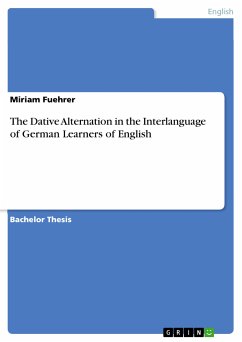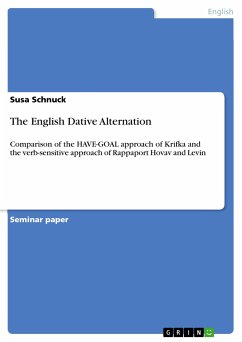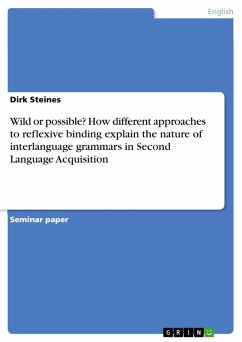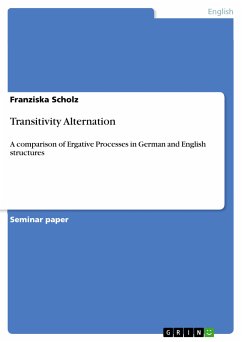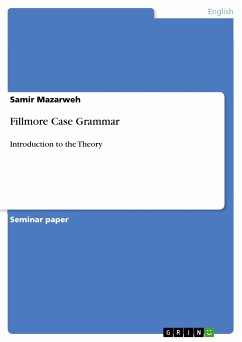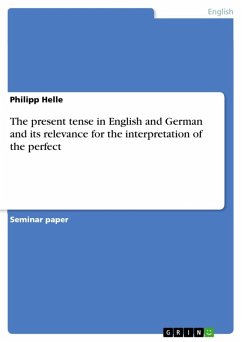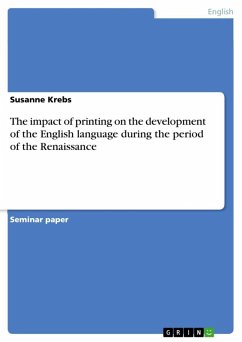Bachelor Thesis from the year 2009 in the subject English Language and Literature Studies - Linguistics, grade: 1.0, University of Siegen, language: English, abstract: Would you say you '...gave a good friend a scarf' or would you rather say you '...gave a scarf to a good friend'? The grammatical phenomenon underlying the two syntactic variants - the double object dative [a good friend] [a scarf] and the prepositional object dative [a scarf] [to a good friend] - is the so-called 'dative alternation' (DA). The latter term captures this general ability in English to express the same event of giving with two distinct syntactic structures. DA has been researched extensively for native speakers of English. Most of the scientific attention was directed at identifying the semantic and informational variables that give rise to the respective variants. Also, a number of corpus studies have revealed an interesting phenomenon commonly referred to as "lexical bias" (e.g. Wasow 2002). More precisely, researchers have found some dative verbs to occur more frequently in a prepositional dative variant (POD), whereas other dative verbs seem to favor the double object variant (DOD) (e.g. Davidse 1996; Stallings et al. 1998; Wasow 2002; Arnoldet al. 2003; Bresnan & Nikitina 2003). For example, Wasow (2002) found 'give' to occur in a DOD shape in 85% of his data, while Davidse (1996) found the verb 'throw' to occur in a POD shape in 90% of her data. While DA has been widely explored for native speakers of English, relatively little is known about it in contexts of SLA. This study investigates how DA is reflected in the IL of German learners of English and, additionally, whether German learners exhibit similar lexical biases in their choice of dative syntax. Raw data of early research on the acquisition of English DA by French native speakers (Mazurkevich 1984; Hawkins 1987) show similar lexical biases as observed for native speakers. This trend suggests that lexical biases are acquired by L2 learners of English. The latter is tested empirically in the present paper by means of a questionnaire study with 33 German-speaking learners of English. 16 American undergraduate students of the University of Montana serve as a control group. The data obtained from the experiment show a significant influence of verbal lexis on dative argument choice (p<0.001) for the L2 learners. Additionally, L2 informants' dative choices adhere to the same hierarchy as those of the native speakers. The fact that lexical biases are indeed reflected in informants' ILs suggests that they are acquired by learners together with the dative alternation.
Dieser Download kann aus rechtlichen Gründen nur mit Rechnungsadresse in A, B, BG, CY, CZ, D, DK, EW, E, FIN, F, GR, HR, H, IRL, I, LT, L, LR, M, NL, PL, P, R, S, SLO, SK ausgeliefert werden.

